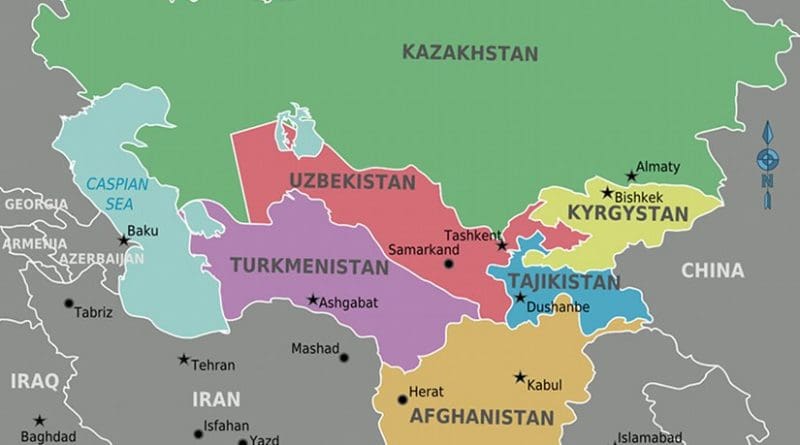ISIS Defeats In Iraq And Syria Seen Leading To New Islamist Attacks In Former Soviet Space – OpEd
By Paul Goble
The occupation of ISIS strongholds in Iraq and Syria in recent days does not end the threat that Islamist activists pose. Indeed, according to some observers, it may open a new phase in which ISIS supporters no longer having a territory to defend will instead turn to terrorist actions outside of the Middle East and in particular in the former Soviet space.
A commentary on the Lenta.ru news agency suggests that some of the likely targets of now-dispersed ISIS fighters will be in Central Asia and especially in Tajikistan (lenta.ru/articles/2017/07/10/isis_next_step/). But perhaps the most alarming prediction comes from Yana Amelina, coordinator of the Russian Caucasus Political Club.
In a speech to a Chelyabinsk conference on Islam this week, she says that in the wake of ISIS defeats in the Middle East, there is a growing danger of Islamist suicide bombings in the Russian Federation whose executors may piggyback into that country as Central Asian migrants (ruskline.ru/news_rl/2017/07/10/rasulevskie_chteniya_islam_v_istorii_i_sovremennoj_zhizni_rossii/).
Some of these attacks may be delivered by those approximately 4,000 Russian Muslims who decide to return to their own country, but far more are likely to come from immigrant workers from Central Asia or the south Caucasus who have been inspired by jihadist ideas. According to her, the only way to block these attacks is to restrict immigration.
In addition, the researcher who specializes on the North Caucasus argues that “social networks which initially were created for virtual communities are gradually being transformed into a technology for approving the mechanism of the preparation of young people for suicide bombings and other aggressive activities.”
According to Amelina, this reflects the fact that what is going on is “not the radicalization of Islam but the Islamization of radicalism. That is, an individual who commits himself to jihad selects that path because he is attracted to destructiveness.” Were the Islamists not so committed to destructive activity, radicals would look elsewhere.
Further, she warned as he has before, that young women are increasingly part of this subculture and choose Islamist paths precisely because it corresponds to their radicalism rather than becoming radical after choosing Islam. The “hooliganism” and violence of youthful female subcultures in Russia is thus a breeding ground for the next generation of terrorists.

